24th September 2020
Trois boursiers, basé à l’Oxford Healthtech Labs, ont franchi une étape clé dans le programme Global Insight Fellowship (GIF) et espèrent offrir un prototype de soins de ventilation.
Dans la continuité de son projet « Accélérer l’Impact local » pour améliorer la santé maternelle et infantile dans cette région, la Fondation Sanofi Espoir, partenaire EIT Health France – via Sanofi, a soutenu cette mission d’études de 6 mois, de février à juillet 2020 dans le but d’améliorer la santé maternelle et infantile au Sénégal.
Soutenue par EIT Health avec le partenariat de la Fondation Sanofi Espoir, la Global Insight Fellowship forme la prochaine génération d’innovateurs mondiaux à fournir des technologies qui créent un impact social à l’échelle mondiale. Les boursiers reçoivent un mentorat d’experts dans le domaine de l’innovation axée sur les besoins pour fournir des solutions biomédicales.
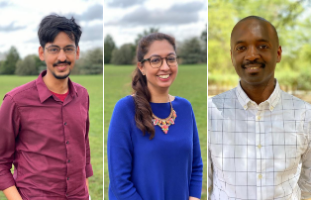
Selon l’une des boursières, le Dr Myra Malik, le Programme : « combine les connaissances théoriques et l’expérience pratique de l’innovation en matière de soins avec des experts mondiaux. »
Avec une grande majorité de la population mondiale recevant des soins dans un environnement limité par les ressources, les boursiers ont mené une période d’observation d’un mois dans un hôpital de Saint-Louis, dans le nord du Sénégal, et travaillé avec des experts locaux afin d’identifier les besoins en soins maternels et néonatals les plus pressants dans un cadre limité par les ressources.
Mihir Sheth, ingénieur électricien et qui a déjà mis au point et lancé un dispositif de transfusion sanguine autologue au Kenya, affirme que la technologie biomédicale doit fonctionner dans divers milieux de soin.
« Cette expérience [au Kenya], tout comme le fait d’avoir grandi en Inde, m’a vraiment poussé à créer des dispositifs médicaux conçus pour travailler avec et pour les situations dans lesquelles ils seront utilisés, y compris les hôpitaux dans les pays à revenu élevé et à faible revenu », dit-il.
Pendant leur séjour à Saint-Louis en février de cette année, les Boursiers se sont plongés dans un milieu clinique et ont compilé plus de 1000 observations et identifié plus de 400 besoins – qui ont ensuite été réduits à 30 avec l’aide d’experts locaux.
Après avoir rassemblé leurs conclusions dans un rapport, les boursiers ont prévu de retourner au Sénégal pour présenter une série d’ateliers pour le personnel et les patients à l’hôpital. Toutefois, à la lumière de la pandémie COVID-19, les boursiers ont plutôt étudié des solutions potentielles et ont inclus des exemples qui étaient déjà en cours d’élaboration dans la région. Les conclusions du rapport ont été remises lors d’une téléconférence avec l’équipe locale en juin.
Quelle est la prochaine étape pour les Boursiers ?
Parallèlement à leur travail de soutien aux services de santé locaux au Sénégal, les Boursiers ont identifié deux besoins qui sont applicables dans divers milieux de soins et développeront un prototype de ventilation qui pourra être mis en œuvre pour la version clinique.
Alors que les boursiers atteignent un moment charnière de la Bourse, ils partagent leurs expériences – et nous disent ce que nous pouvons attendre par la suite de cette équipe prometteuse.
Dr Myra Malik
Avant la Global Insight Fellowship, le Dr Myra Malik était une anesthésiste consultante travaillant à Londres avec un intérêt particulier pour l’anesthésie obstétricale. Elle a également terminé une maîtrise en gestion de la santé internationale.
Myra a voulu combiner ses intérêts clinique et non clinique pour acquérir une expérience pratique dans l’innovation en soins de santé.
Selon Myra, le temps que l’équipe a passé au Sénégal leur a permis de mieux comprendre comment évaluer les besoins.
Elle dit : « Faire partie de la Bourse signifie que nous avons accès à une expertise de calibre mondial et que nous avons contacté des experts pour nous aider et nous guider dans le processus de sélection des besoins et que nous avions besoin d’affiner. »
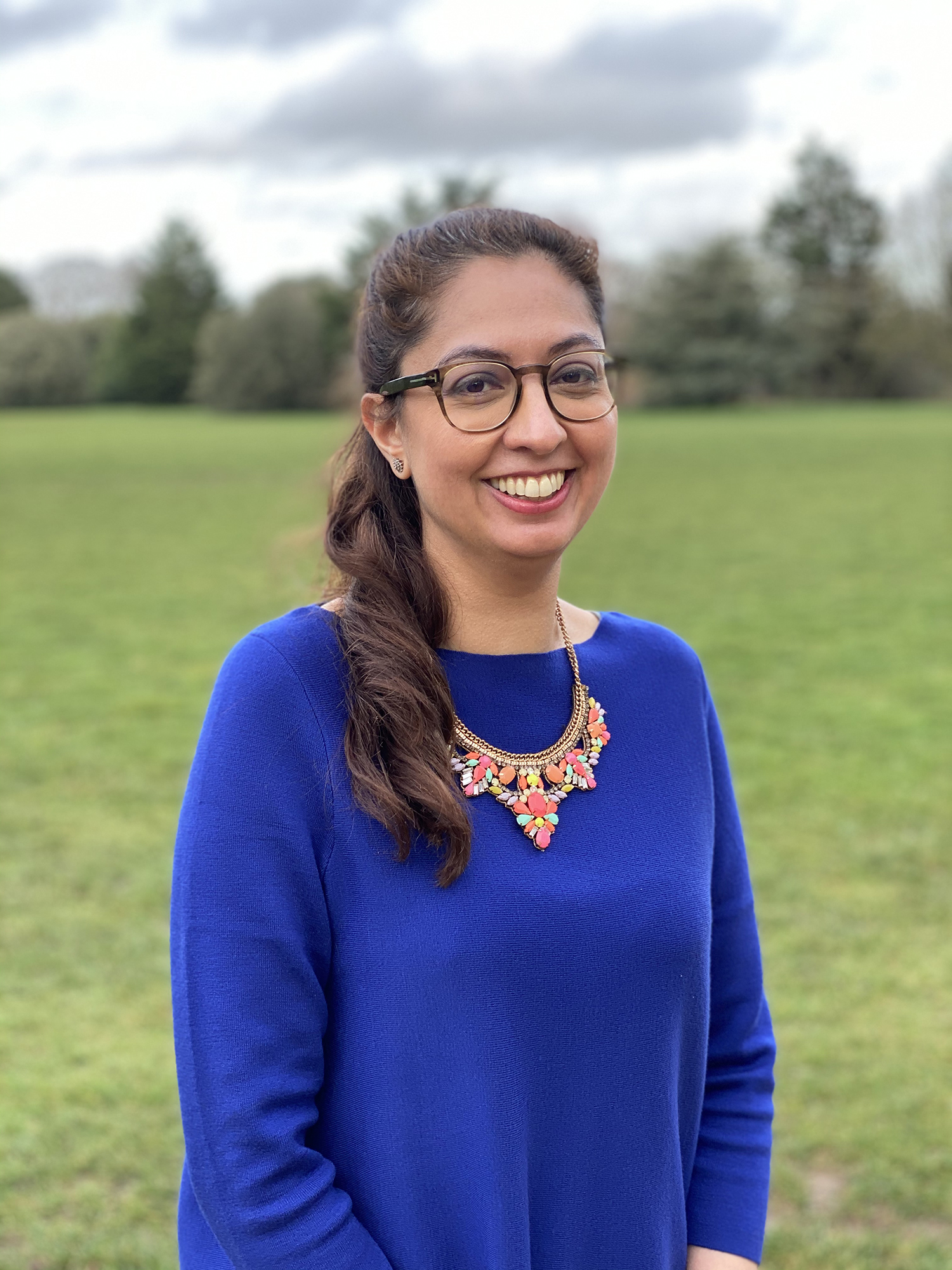
Abdoukhadre Sall
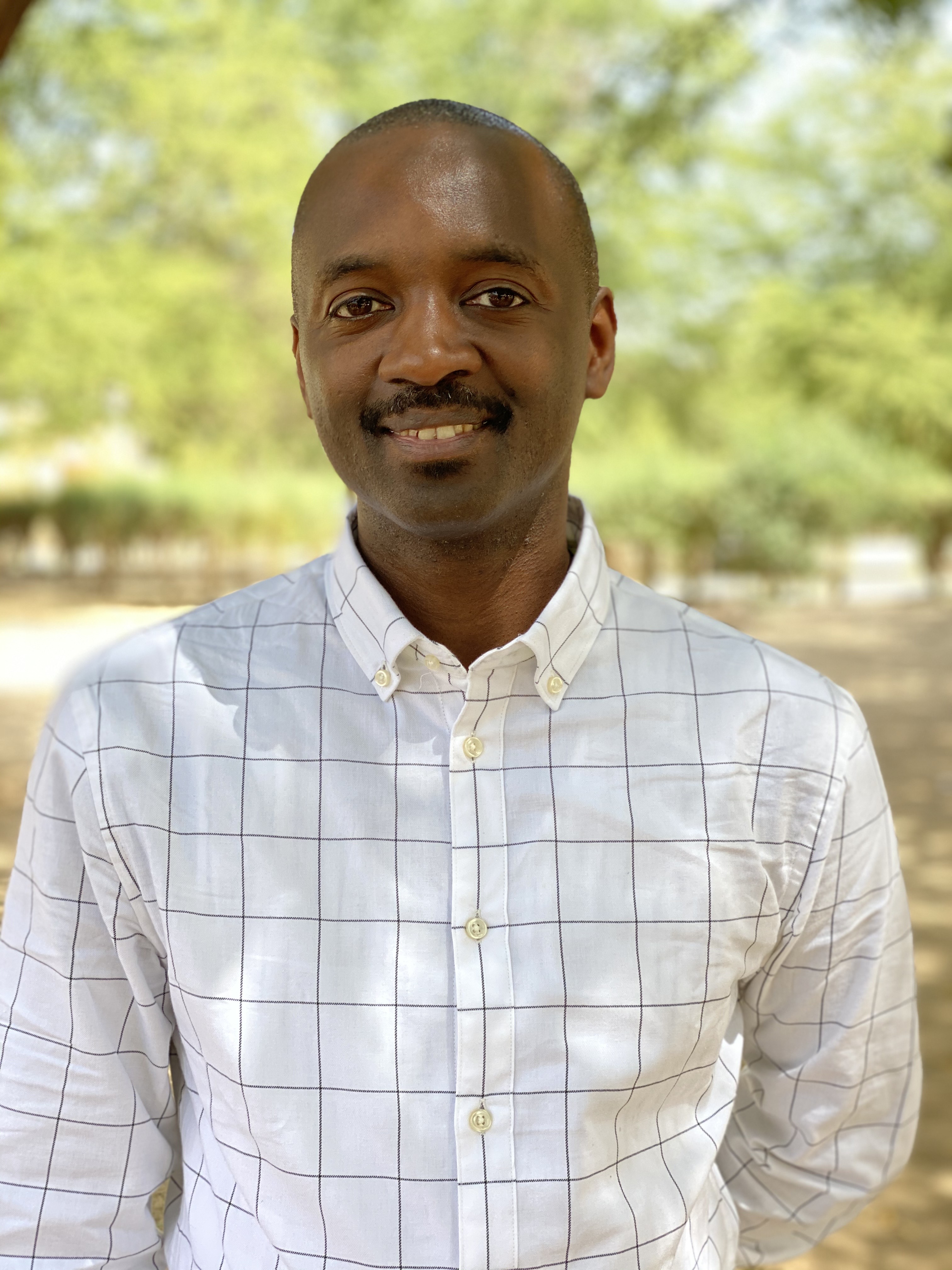
Sall était, avant de rejoindre le programme, employé à la Mairie de Paris, en tant qu’assistant administratif à la Direction des affaires culturelles. Il a également été consultant indépendant, travaillant avec le cabinet ARS-Consulting (Dakar). Il a été basé à Paris et a souvent voyagé au Sénégal pour ses activités de conseil.
Sall est titulaire d’une maîtrise en droit et gestion d’établissements de santé et d’une maîtrise en sciences politiques et sociologie (politiques publiques) de l’Université Paris 8, Saint-Denis.
Il a toujours aspiré à travailler à l’amélioration du système de santé sénégalais.
Mihir Sheth
Mihir Sheth est diplômé en génie électrique à l’Université du Michigan. Selon Mihir, le Programme lui a donné un ensemble précieux d’outils et de leçons pour assurer le développement d’une bonne innovation.
Il dit : « J’en suis vraiment venu à apprécier l’approche axée sur les besoins et l’importance de vraiment comprendre le problème avant même de commencer à penser à la solution. »
Galvanisé par leurs conclusions, Mihir dit que les prochaines étapes de l’équipe dans la piste de l’innovation comprennent l’exploration et le rétrécissement de l’espace de solution pour les besoins identifiés.
« Nous passons un peu plus de temps à mieux comprendre le problème d’un point de vue clinique, technologique et économique », explique M. Mihir.
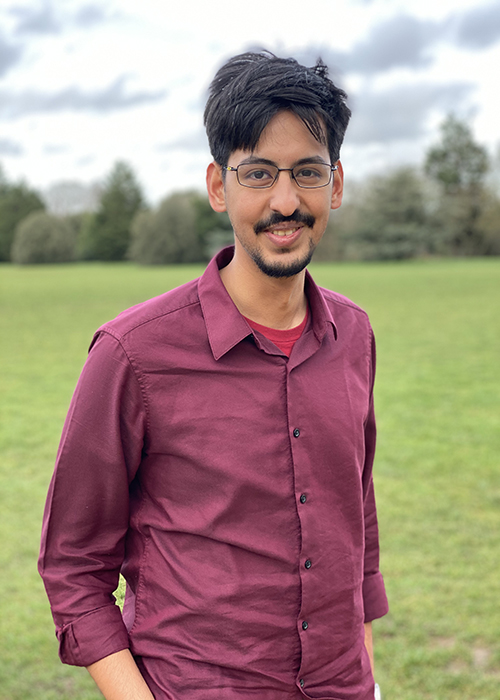
Revisiter les leviers d’amélioration de la santé maternelle et néonatale : un projet dans la continuité des initiatives de la Fondation Sanofi Espoir
Pour rappel, dés 2018 la Fondation Sanofi Espoir en partenariat avec l’organisation humanitaire à but non lucratif WAHA / Artemedis et le département Acceleration Tactics de la société de conseil Saegus dans le département de Saint-Louis, au Sénégal avaient effectué plusieurs missions dans la région de Saint-Louis afin de mieux comprendre l’expérience des femmes au sein de leur écosystème et d’identifier les déterminants de la santé maternelle et néonatale. A l’aide de différentes explorations, analyses et première méthodologie d’estimation de l’impact des interventions sanitaires, médico-sociales ou autres au niveau local, le projet s’est enrichi de partenaires académiques (Université d’Oxford, Sorbonne Université – IUIS Institut Universitaire d’Ingénierie en Santé) et du soutien et du travail en réseau proposé par EIT Health.
La fondation Sanofi Espoir en partenariat avec l’Université d’Oxford et l’Université Paris- Sorbonne ont identifié en 2019 l’opportunité d’appliquer cette méthodologie « Needs-Led Innovation » au contexte de la santé maternelle et néonatale au Sénégal et d’associer l’Hôpital Régional et l’université de Saint-Louis dans cette démarche pour observer son impact sur les déterminants de la mortalité maternelle et néonatale et si nécessaire l’ajuster aux besoins locaux, afin d’en faire un outil d’innovation pérenne.
Fellows set to deliver prototype ventilation concept
Three Fellows, based at the Oxford Healthtech Labs, have reached a key milestone in the Global Insight Fellowship (GIF) Programme and hope to deliver a prototype healthcare concept in the ventilation space.
Sanofi Espoir, partner of EIT Health via Sanofi, continues to support these three fellows, being part of the University of Oxford’s “Needs-Led Innovation Fellowship” program with the aim of improving maternal and child health at Senegal.
Supported by EIT Health with the Sanofi Espoir partnership, the Global Insight Fellowship trains the next generation of global innovators to deliver technologies that create social impact on a global scale. The Fellows receive mentorship from experts in ‘Need-Led Innovation’ – a systematic and proven approach to ‘needs’ finding that encourages collaboration with stakeholders from diverse healthcare settings to deliver biomedical solutions.
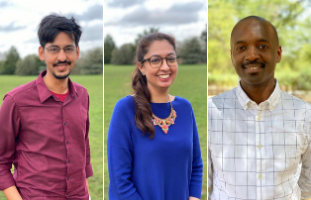
According to one of the Fellows, Dr Myra Malik, the Programme marries theory with the reality of healthcare innovation. She says: “The Fellowship combines theoretical knowledge with real-world practical experience in healthcare innovation with global experts.”
With a large majority of the world’s population receiving healthcare in a resource-constrained setting, the Fellows conducted a month-long observation period at a hospital in Saint-Louis, Northern Senegal, to work with local experts to identify the most pressing needs within maternal and neonatal care in a resource-limited setting.
Fellow and Electrical Engineer, Mihir Sheth, who has previously developed and launched an Autologous Blood Transfusion Device in Kenya, says biomedical technology needs to work across a range of healthcare settings.
“This experience [in Kenya], along with growing up in India, has really driven me to create medical devices with intention – in that they should be designed to work with and for the situations that they will be used in, which includes hospitals in high as well as low income countries,” he says.
During their time in Saint-Louis in February of this year, the Fellows immersed themselves in a clinical setting and compiled over 1000 observations and identified 400-plus needs – which were later narrowed down to 30 with the help of local experts.
Having collated their findings into a report, the Fellows planned to return to Senegal to present a series of workshops with staff and patients at the hospital. However, in light of the COVID-19 pandemic, the Fellows researched potential solutions instead and included examples that were already being developed in the region. The report findings were delivered at a teleconference with the local team in June.
What’s next for the Fellows?
Alongside their work to support local health services in Senegal, the Fellows have identified two needs that are applicable across a range of healthcare settings and will develop a prototype healthcare concept in the ventilation space that can be taken forward for clinical translation.
As the Fellows reach a pivotal moment in the Fellowship, they share their experiences – and tell us what we can expect next from this promising team.
Dr Myra Malik
Prior to the Global Insight Fellowship, Dr Myra Malik was a Locum Consultant Anaesthetist working in London with a special interest in obstetric anaesthesia. She has also completed a Master’s degree in International Health Management.
In recognition of her clinical and non-clinical career, Myra wanted to combine her interests to gain practical experience in healthcare innovation.
According to Myra, the team’s time in Senegal helped better their understanding about how to assess needs.
She says: “Being part of the Fellowship means we have access to world-class expertise and have reached out to experts to help guide the process of the needs selection and needs refinement.”


Abdoukhadre Sall
Sall was prior to joining the program employed at the Paris City Council, as an administrative assistant in the Directorate of Cultural Affairs. He was also an independent consultant, working with the firm ARS-Consulting (Dakar). He has been based in Paris and often traveled to Senegal for his consulting activities.
Sall holds a Master’s degree in law and management of health institutions and a Master’s degree in political science and sociology (public policy) from the University of Paris 8 Saint-Denis.
He has always aspired to work towards improving Senegal’s healthcare system.
Mihir Sheth
Mihir Sheth graduated with a BSE and MSE in Electrical Engineering from the University of Michigan. According to Mihir, the Programme has given him a valuable set of tools and lessons in ensuring the right innovation is developed.
He says: “I’ve really come to value the needs-led approach and the importance of truly understanding the problem before you even start thinking of the solution.”
Galvanised by their findings, Mihir says the team’s next steps in the innovation track include exploring and narrowing down the solution space for the identified needs.
“We are spending some more time to get an in-depth understanding of the problem from a clinical, technological and economic perspective,” explains Mihir.

Accelerate the creation of local solutions around childbirth
As a reminder, starting in 2018, the Sanofi Espoir Foundation in partnership with the non-profit humanitarian organization WAHA / Artemedis and the Acceleration Tactics department of the consulting firm Saegus in the department of Saint-Louis, Senegal have conducted several missions in the Saint-Louis region to better understand the experience of women within their ecosystem and to identify the deciding factors of maternal and neonatal health. Through various explorations, analyses and initial methodology for estimating the impact of health, medico-social and other interventions at the local level, the project has been enriched by academic partners (Oxford University, Sorbonne University – IUIS Institut Universitaire d’Ingénierie en Santé) and the support and networking offered by EIT health.
In 2019, the Sanofi Espoir Foundation, in partnership with the University of Oxford and the University of Paris-Sorbonne, identified the opportunity to apply the “Needs-Led Innovation” methodology to the context of maternal and neonatal health in Senegal and to associate the Regional Hospital and the University of Saint-Louis in this approach in order to observe its impact on the key factors of maternal and neonatal mortality and, if necessary, adjust it to local needs, in order to make it a sustainable innovation tool.
Europe's top health start-ups take centre stage: EIT Health Catapult winners are revealed at HLTH Europe

2025 Catapult programme winners announced.
Finding Europe’s next healthtech leaders: Insights from Antoine D’Hollander
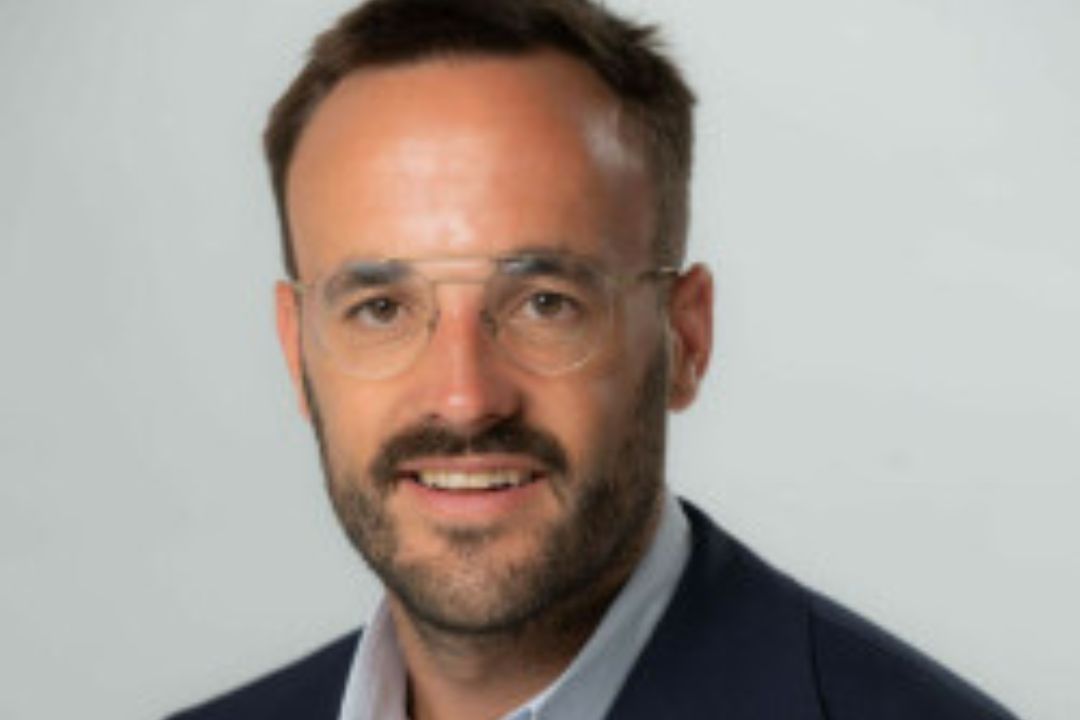
Insights from Antoine D’Hollander, Capricorn Partners.
EIT Health supports 17 promising deep tech start-ups bridge the ‘Valley of Death’
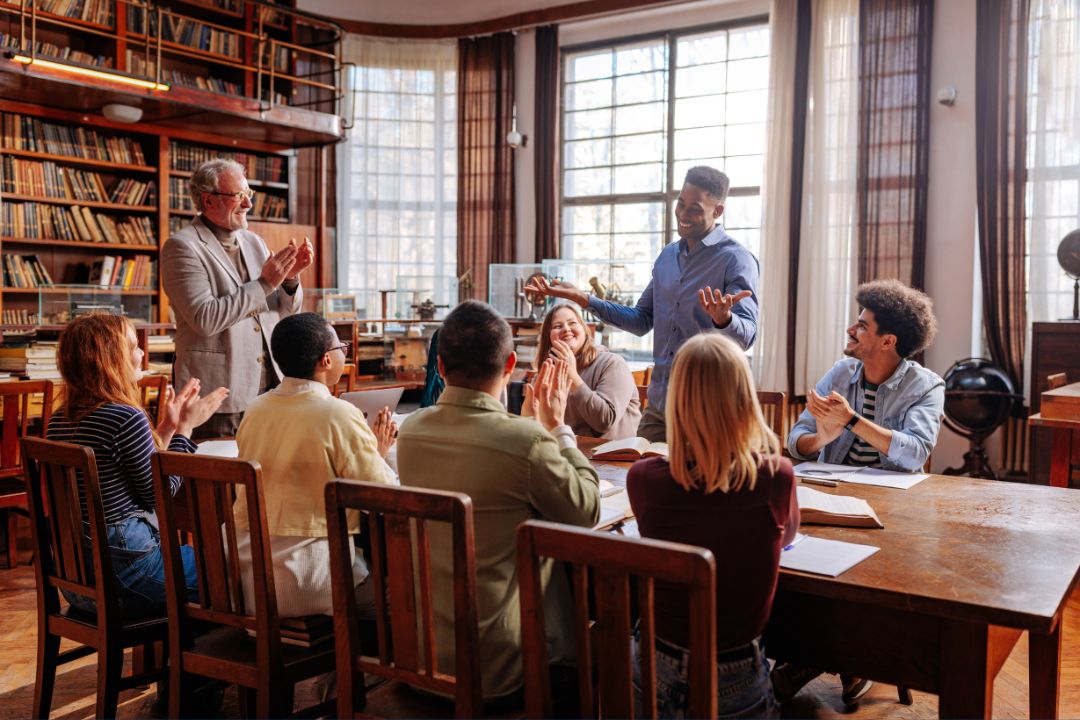
Providing start-ups with the right support.